
Armchair travel around the world!
Start your reading adventures with our FREE Reading Atlas.

- Around the World in 14 Books
- 7 Thrilling Book Series
- 6 Audiobooks That Are Like Theater For Your Ears



Happy World Poetry Day! Since it was designated in 1991 by UNESCO, this holiday has been a celebration of poets and poetry, an opportunity to share poems with our favorite people, set words to music or dance or paint, and honor the artists who capture all the facets of being alive.
As UNESCO explains, ‘poetry speaks to our common humanity and our shared values, transforming the simplest of poems into a powerful catalyst for dialogue and peace.’
Here’s a collection of poems from around the world and different eras in time. Joyous and somber, humorous and angry, evocative and lyrical, they all create word pictures that will linger in your heart and imagination.

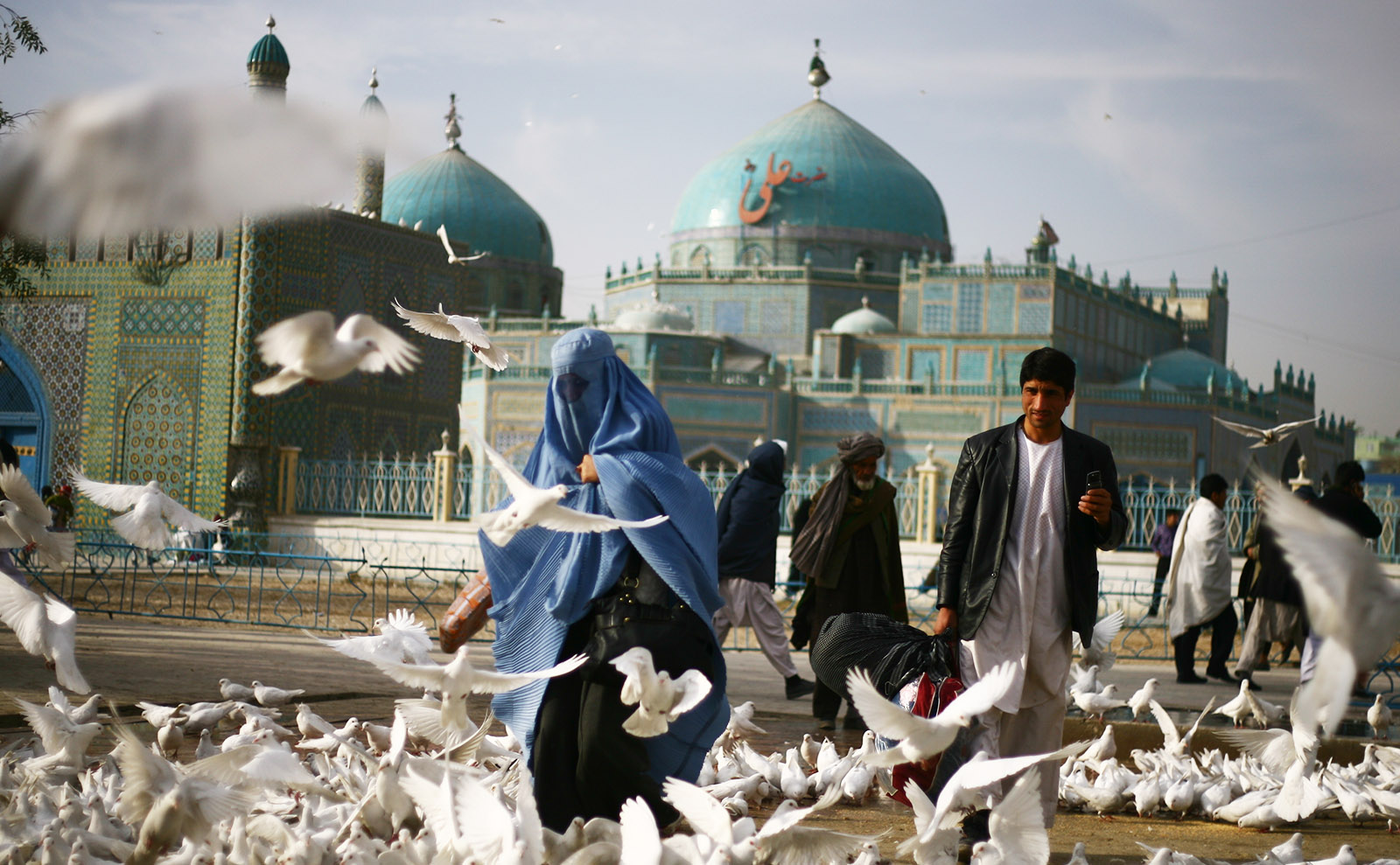
‘But Not An Afghan Woman’ by Roya: The four simple words ‘not an Afghan woman’ are a plea and a protest and — most of all — an assertion of self-worth.
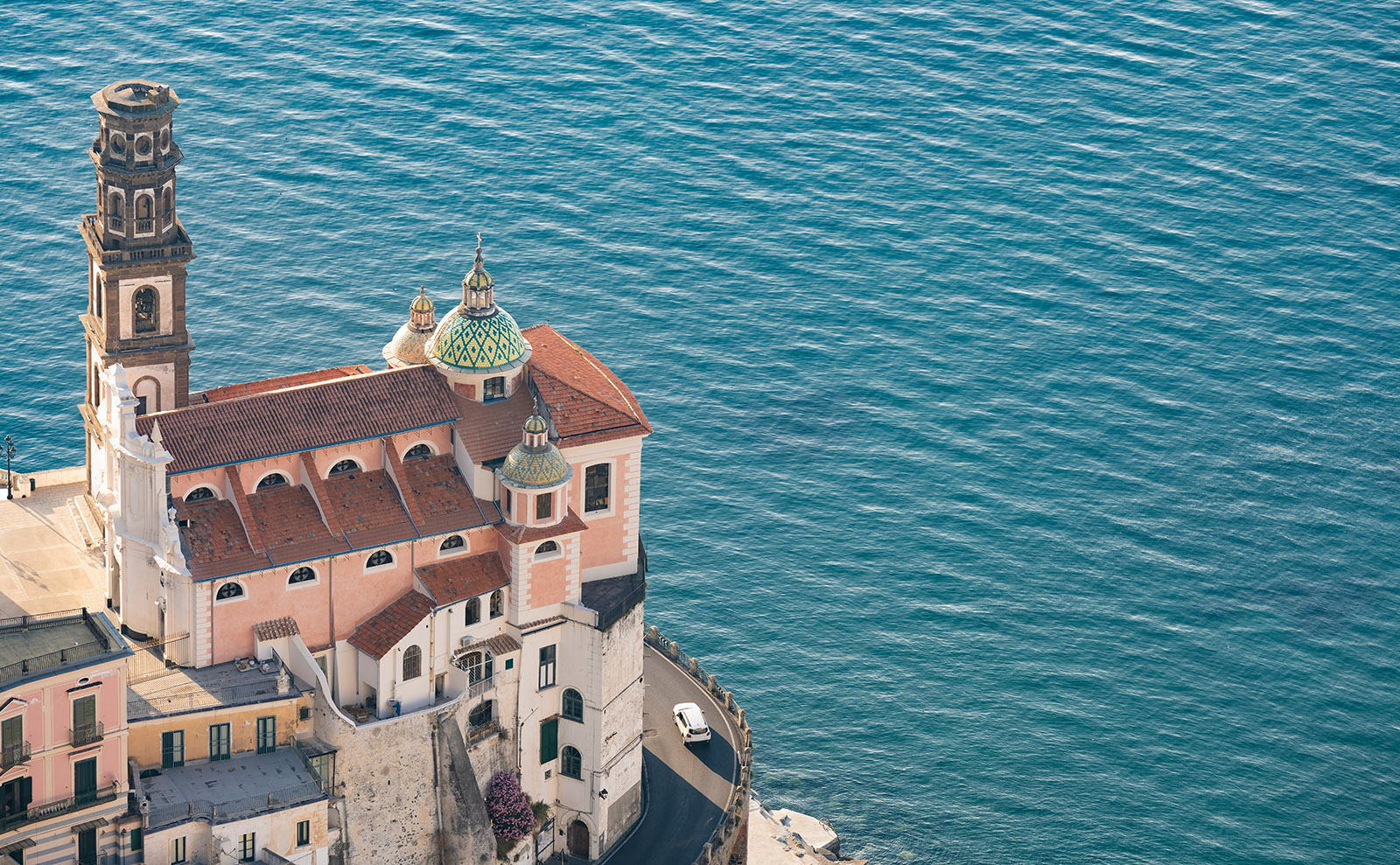
‘Amalfi’ by Henry Wadsworth Longfellow: Longfellow’s lyrical stanzas evoke the awesome beauty and formidable power of the Tyrrhenian sea ‘where the waves and mountains meet’ on the Italian coast.

‘The Law Concerning Mermaids’ by Kei Miller: This prose poem is a brilliant snapshot of what Kei Miller and his relationship to Jamaica are all about; his musical, moving narration is riveting.

‘On Loving’ and ‘Forgive Her’ by Forugh Farrokhzad: Persian poet Forugh Farrokhzad was gifted with an innate curiosity and intelligence that fueled her rebellious spirit and passionate nature. She poured her too-large emotions and razor-sharp observances into poetry that has moved readers for decades.

‘Part Me’ by Tomi Adesina and ‘There Is No Scar, Only Absence’ by Saddiq Dzukogi: Persian poet Forugh Farrokhzad was gifted with an innate curiosity and intelligence that fueled her rebellious spirit and passionate nature. She poured her too-large emotions and razor-sharp observances into poetry that has moved readers for decades.
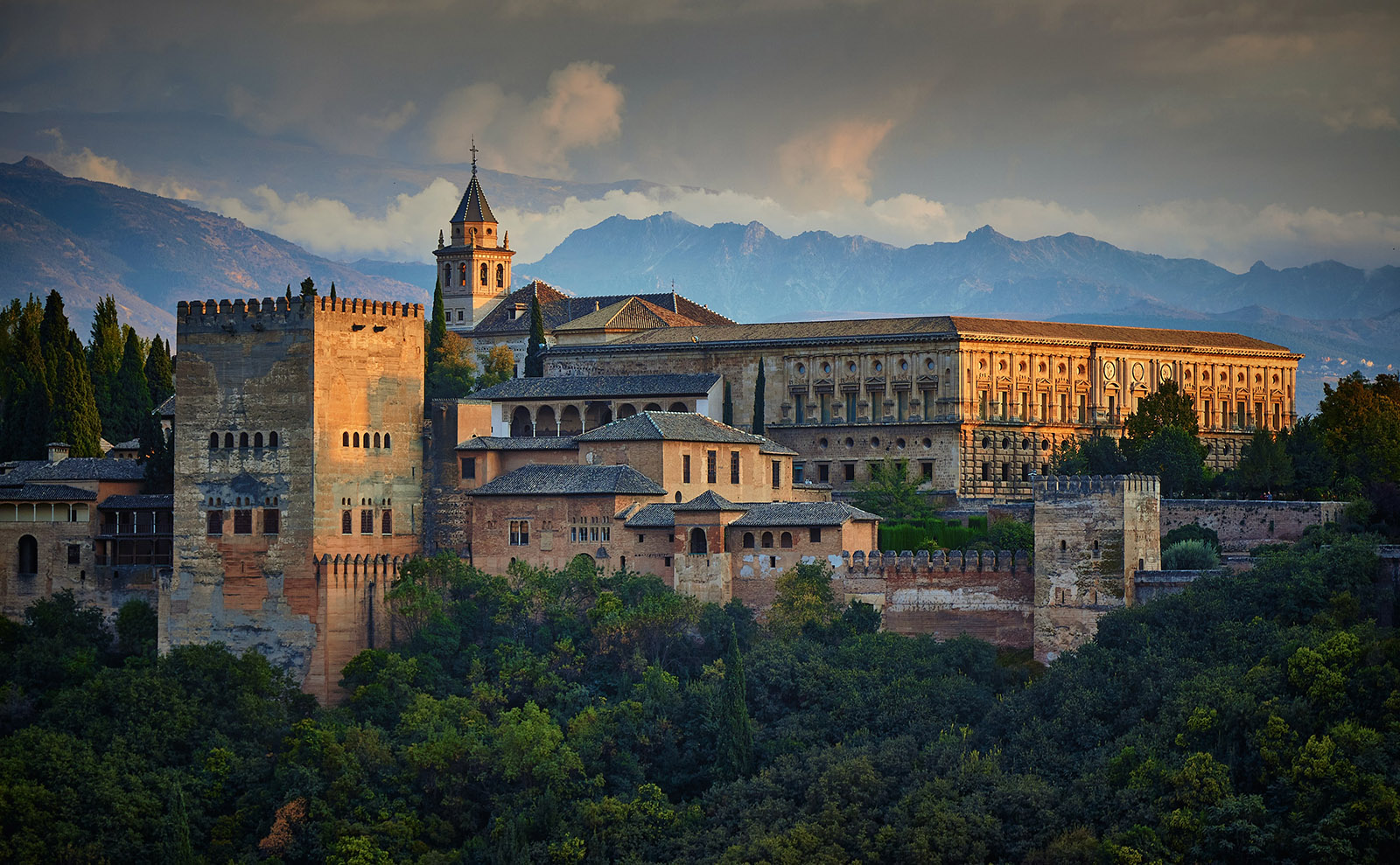
‘The Last Sigh of the Moor’ by Théophile Gautier and ‘Arabesque’ by Emma Lazarus: The Alhambra is a jewel of Moorish architecture that stands almost defiantly against the jagged peaks of the Sierra Nevada mountains in northeastern Spain. The Alhambra and its particular spot in the Alpujarras Pass have inspired artists, writers, and poets for centuries.

‘I Want You to Know’ by Micere Githae Mugo: Micere Mugo is the writer of poems, plays, and literary criticism. She was the first woman in Kenya to become a college dean. This poem is infused with tenderness, joy, and a feeling of communion that celebrates this moment right now.
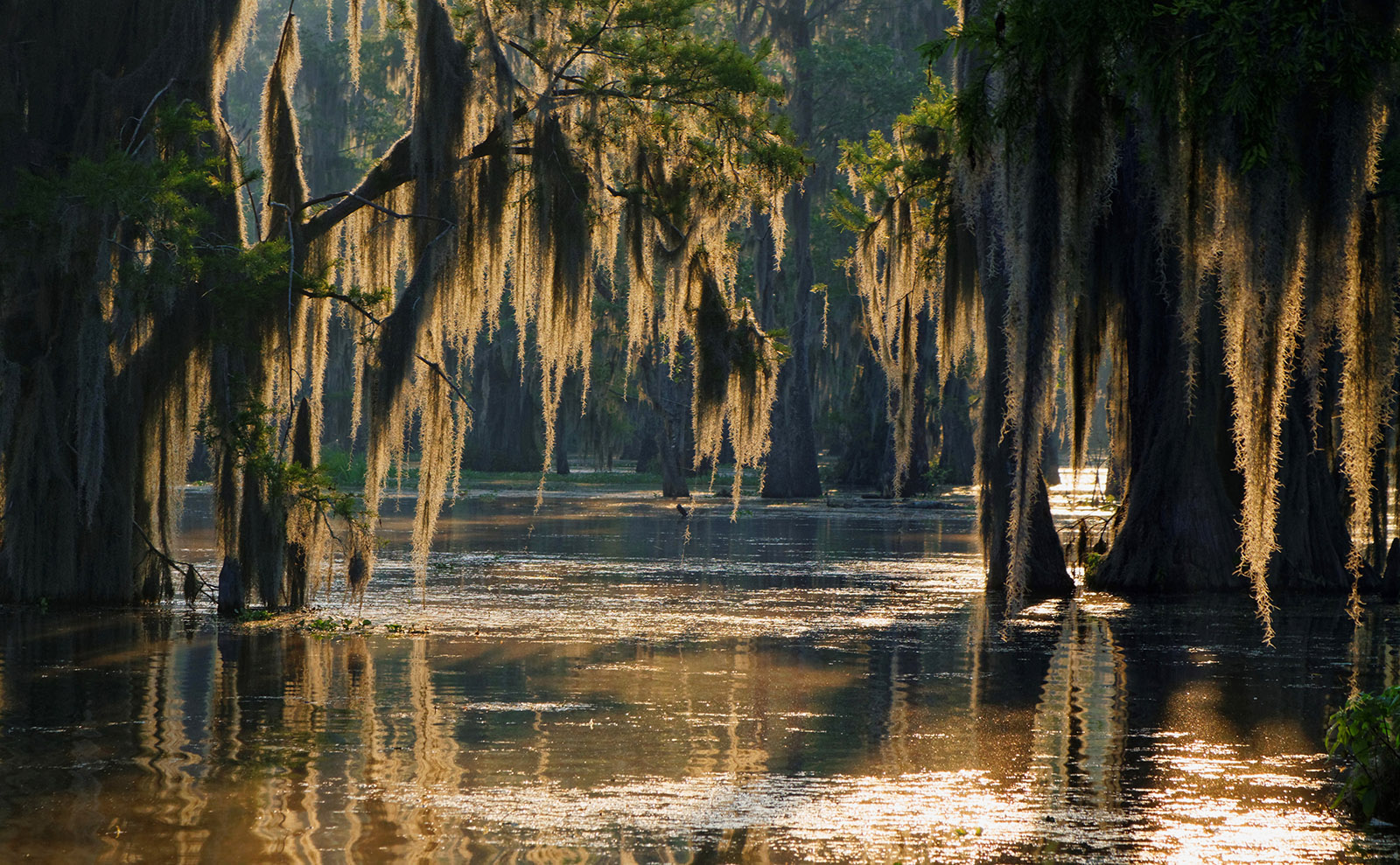
‘Going Home: New Orleans’ by Sheryl St. Germain: This poem by New Orleans poet Sheryl St. Germain sings of soft, quiet evenings and the joyous, seering details that make home feel like home.

‘Timely Enumerations Concerning Sri Lanka’ by Oliver Rice: Oliver Rice’s poem tells the bittersweet story of Sri Lanka, contrasting the island’s lush natural beauty and peaceful Buddhist practices with its history of invasive colonialism, civil war, and vicious politics.
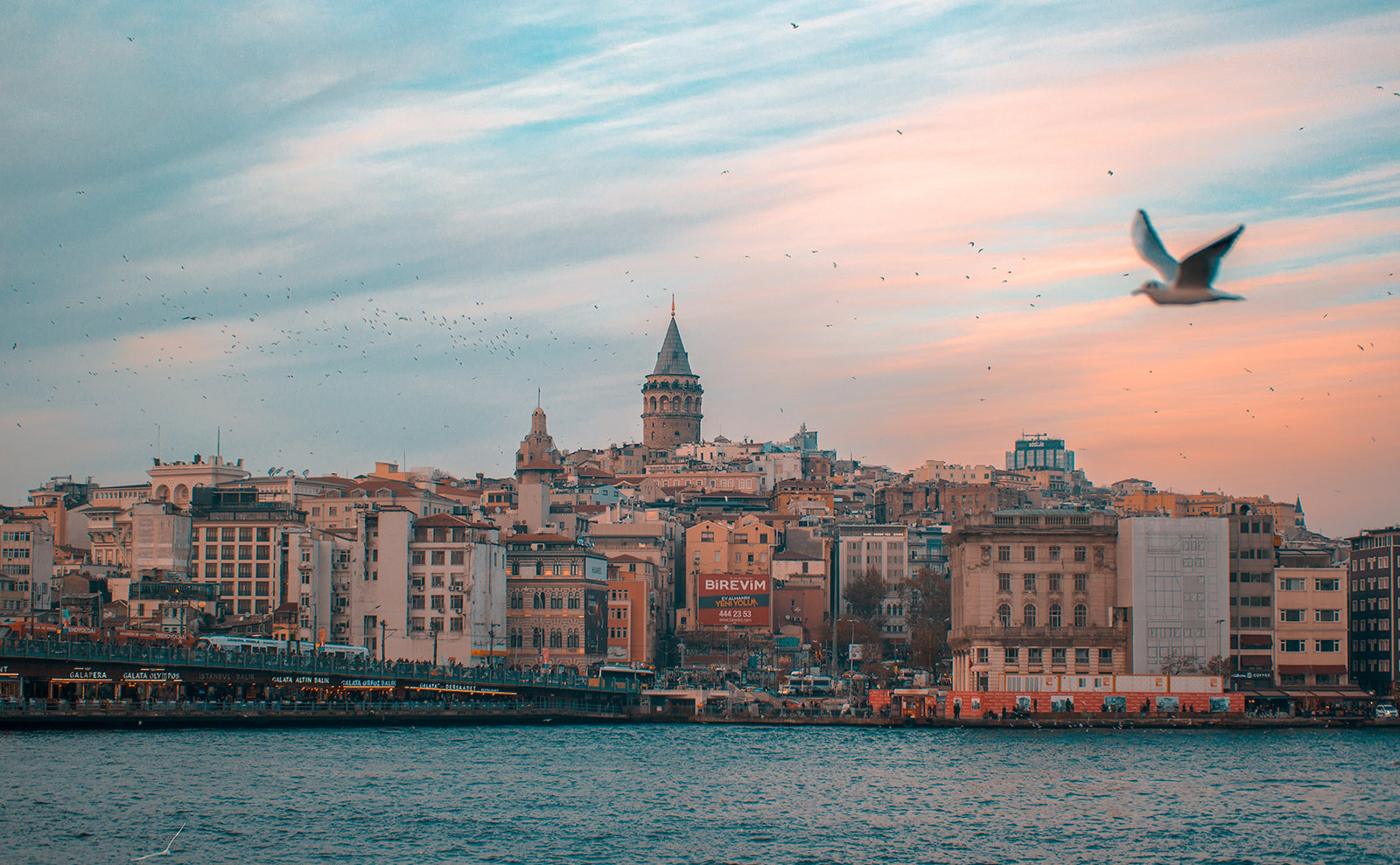
‘Tell Me About İstanbul’ by Nâzım Hikmet: Turkish poet Nâzım Hikmet is now recognized as one of the great international poets of the twentieth century. But during his lifetime, this ‘romantic revolutionary’ was repeatedly arrested for his political beliefs. This poem captures the push-pull and love-hate inspired by home: the affection, the yearning, the curiosity, the knowing a place with all its flaws and beauties.
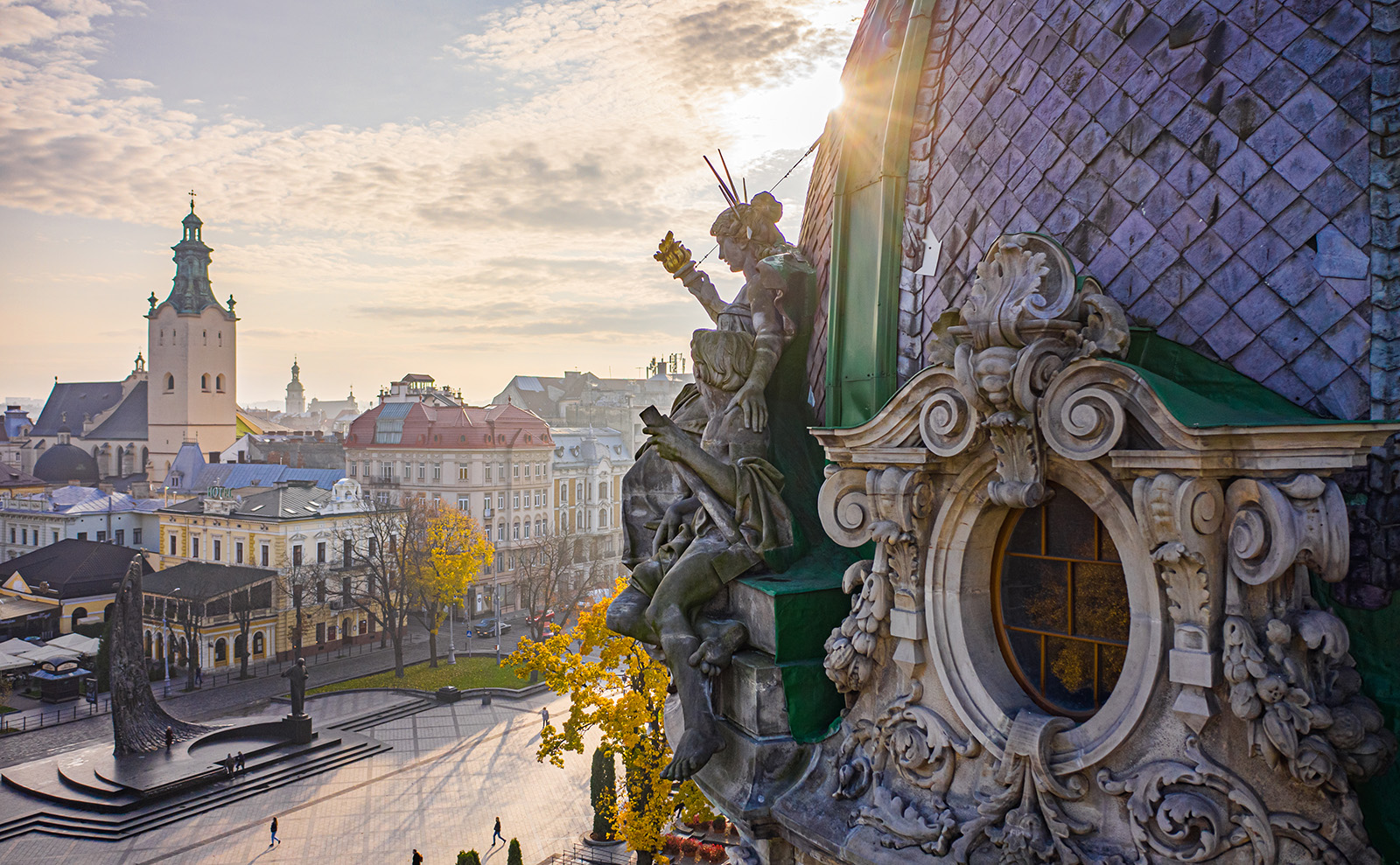
‘So I’ll Talk About It’ and ‘As If This Winter Never Happened’ by Serhiy Zhadan: Serhiy Zhadan is known as Ukraine’s ‘rock-star poet.’ His work is accessible and lyrical, moving and sharp, combining elements of memoir, travelogue, and history to evoke strong sense impressions.

‘If You Get There Before I Do’ by Dick Allen: This is a lovely poem for the lazy days of a winding-down summer. It starts as one thing — anticipation of a holiday-to-be — and evolves into a wander through memory and a celebration of the moments that make a lifetime.
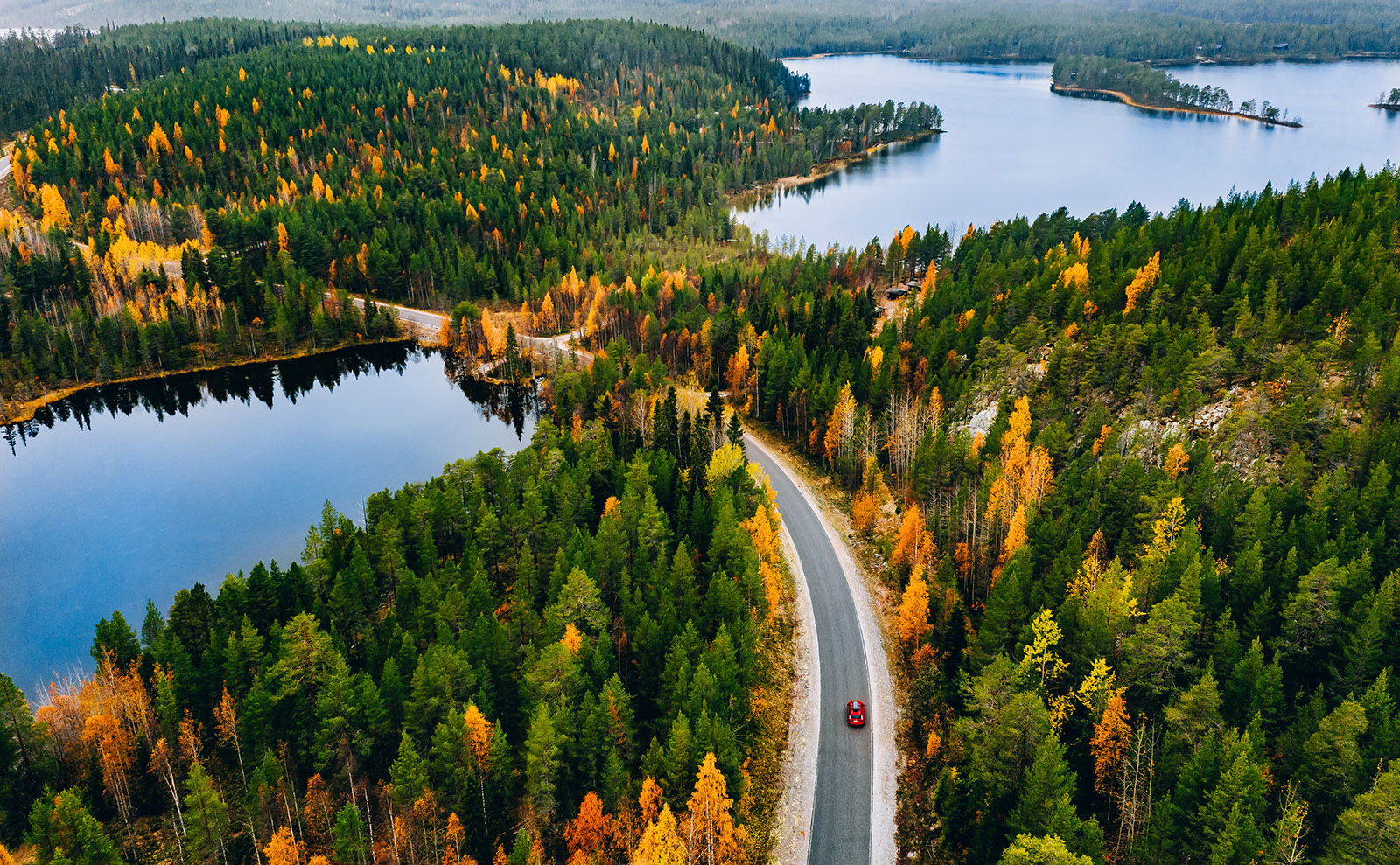
‘The Way Through the Woods’ by Rudyard Kipling: Published in 1910, this poem is a celebration of the life that thrives in the woods, whether we puny humans are there to appreciate it or not. There’s a sense of longing, perhaps a tinge of regret, in the recognition that ‘they shut the road through the wood,’ but the animals and trees carry on.
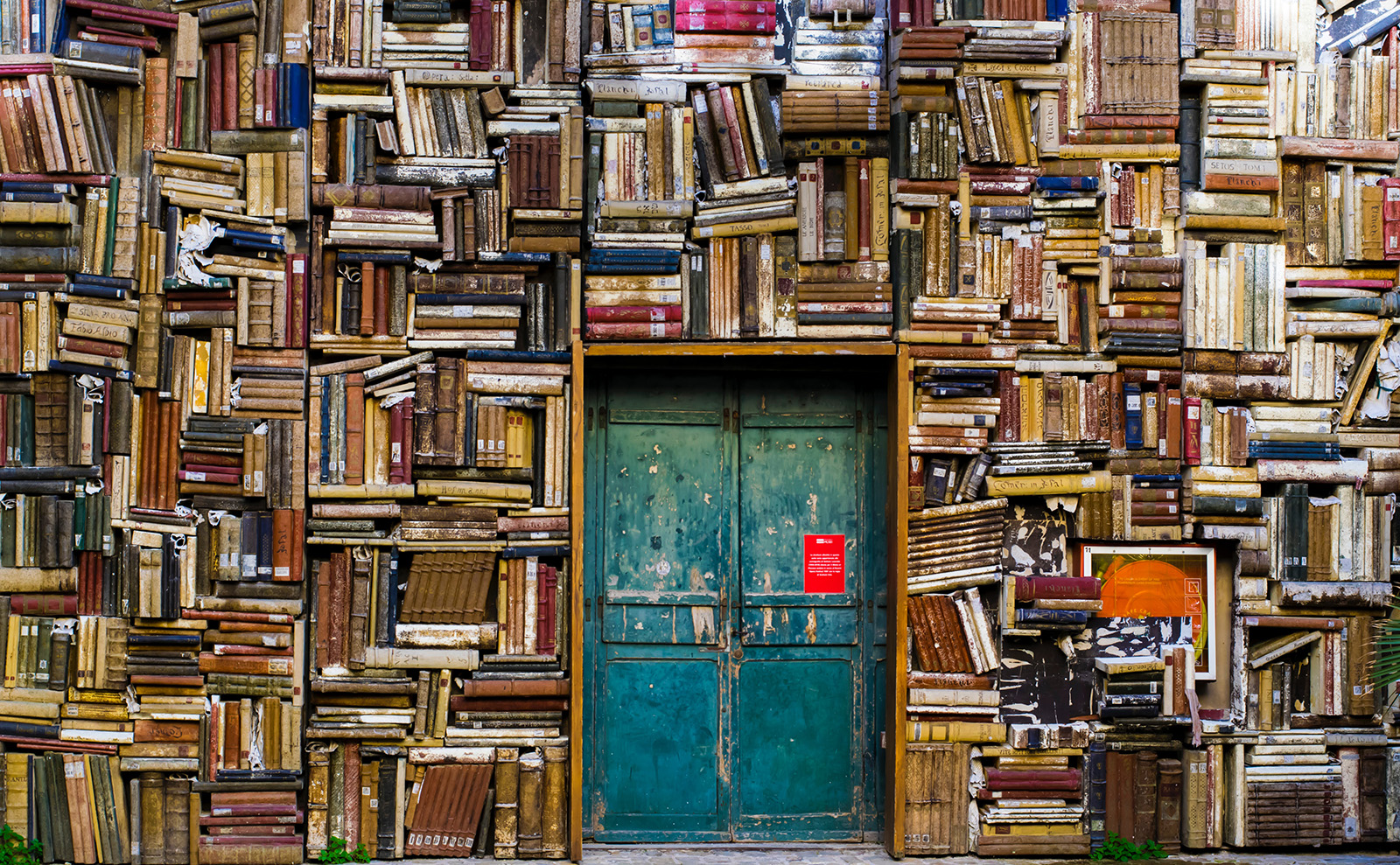
‘Poem for the Hidden Passage’ by Catherine Pierce: Come on, admit it. Haven’t you sometimes imagined an alterna-version of yourself that accepts the side quest or throws the first punch? Tempts fate and opens the creaking door clearly marked DO NOT OPEN? Steals the briefcase, lights the torch, takes the leap? This poem is all about that.
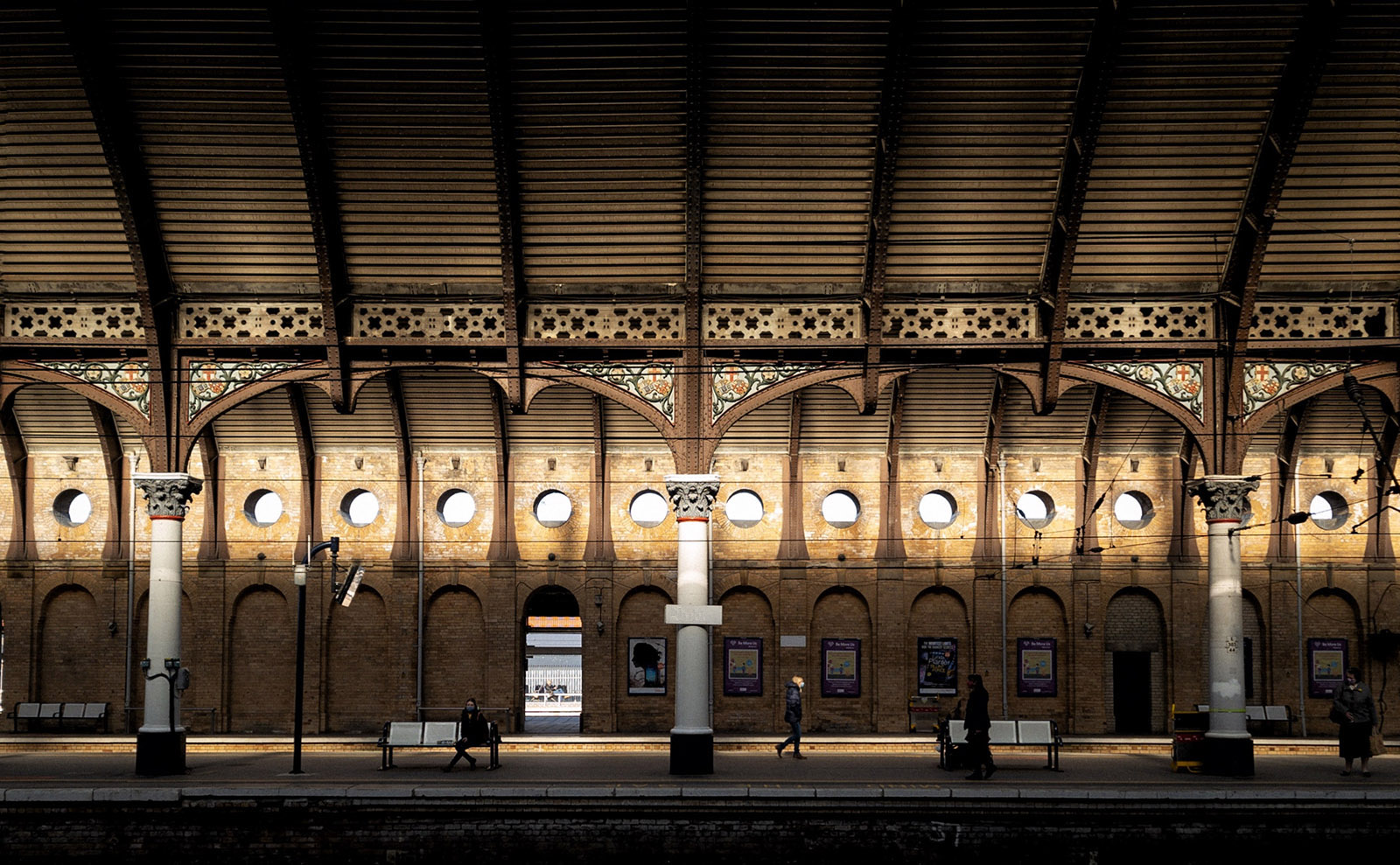
‘Travel’ by Edna St. Vincent Millay: This poem captures the yearning for a different choice, a different view, a different adventure. Both wistful and forceful, it articulates the tension between the comfort of the familiar and the allure of what lies at the other end of tracks leading into the distance.
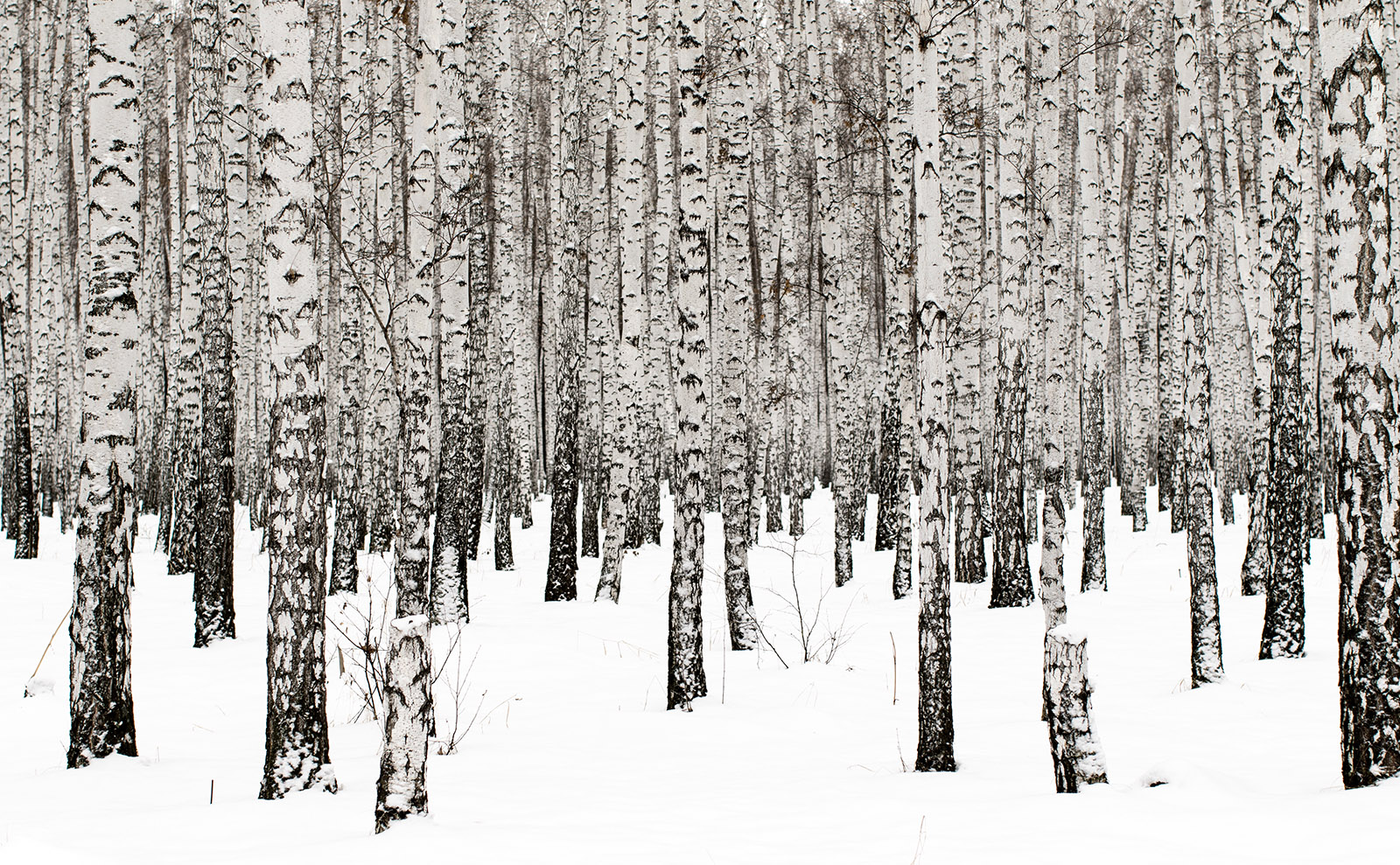
‘Birches’ by Robert Frost: This blank verse poem gets romantic about New England’s birch trees: the way the branches bend and swing, persevering through winter snow and ice (and the swinging of an energetic boy).

‘And Yet the Books’ by Czesław Miłosz: This poem, written in 1986, celebrates the power of books to endure — even with ‘fires on the horizon’ and ‘castles blown up.’ It hearkens back to the dark days of book burning through the ages but is also poignantly timely.
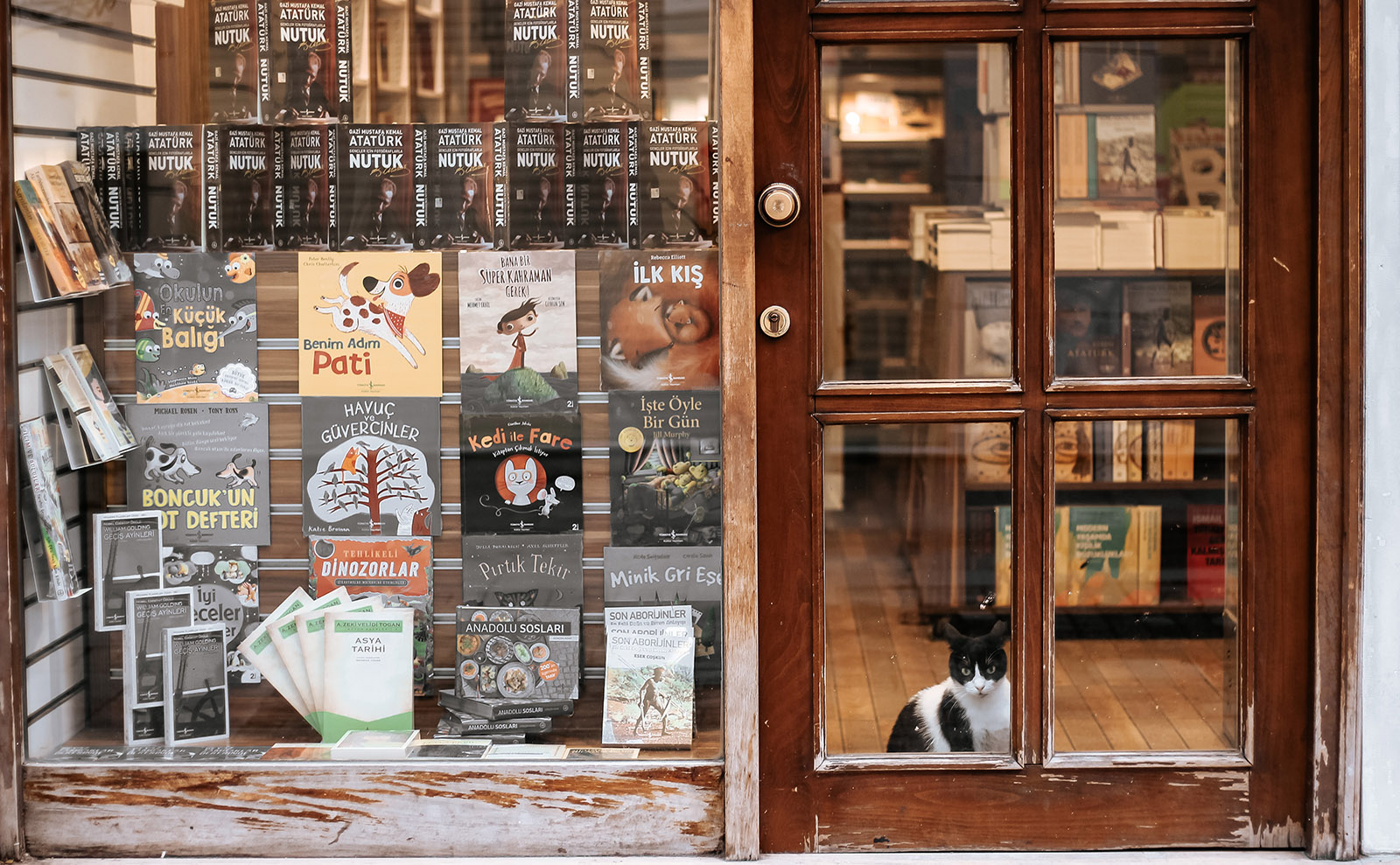
‘The Bookshop’ by Dick Allen: This poem by American poet Dick Allen evokes a bookshop with secrets tucked among its weathered spines and the smell of old books wafting in the air. It invites a leisurely stroll along the aisles and a few words with a seasoned bookseller.

‘Cartography for Beginners’ by Emily Hasler: English poet Emily Hasler combines words in a whimsical and deeply affecting way. In this poem, she invites us to explore the world, explore creativity, explore feelings, and dedicate ourselves to ‘the twin and warring gods of Precision and Wild Abandon.’

‘Haunted Houses’ by Henry Wadsworth Longfellow: Longfellow’s assertion that all houses are haunted houses is comforting, rather than menacing, a recognition that those we’ve loved can still walk among us, so long as they live in our memories.

‘The Luggage’ by Constance Urdang: This brief tale of three women travelers captures the many aspects of far-flung adventures: the anticipation, the surprises, the romance, and the truth that no matter where we go, we take ourselves with us.

‘I Opened A Book’ by Julia Donaldson: Before becoming a full-time author, Julia Donaldson wrote songs for children’s television. In 2011, she was made a Member of the Most Excellent Order of the British Empire for services to literature — then in 2018, she was upgraded to Commander of the Most Excellent Order of the British Empire. But to millions of kids, she’s the lovely lady who wrote the rhyming stories they love. In this poem, she perfectly captures the way exceptional books can transport us to somewhere new.
Top image courtesy of abi ismail/Shutterstock.
Want to keep up with our book-related adventures? Sign up for our newsletter!
Can you help us? If you like this article, share it your friends!
Strong Sense of Place is a website and podcast dedicated to literary travel and books we love. Reading good books increases empathy. Empathy is good for all of us and the amazing world we inhabit.
Strong Sense of Place is a listener-supported podcast. If you like the work we do, you can help make it happen by joining our Patreon! That'll unlock bonus content for you, too — including Mel's secret book reviews and Dave's behind-the-scenes notes for the latest Two Truths and a Lie.
Join our Substack to get our FREE newsletter with podcast updates and behind-the-scenes info — and join in fun chats about books and travel with other lovely readers.

We'll share enough detail to help you decide if a book is for you, but we'll never ruin plot twists or give away the ending.
Content on this site is ©2026 by Smudge Publishing, unless otherwise noted. Peace be with you, person who reads the small type.